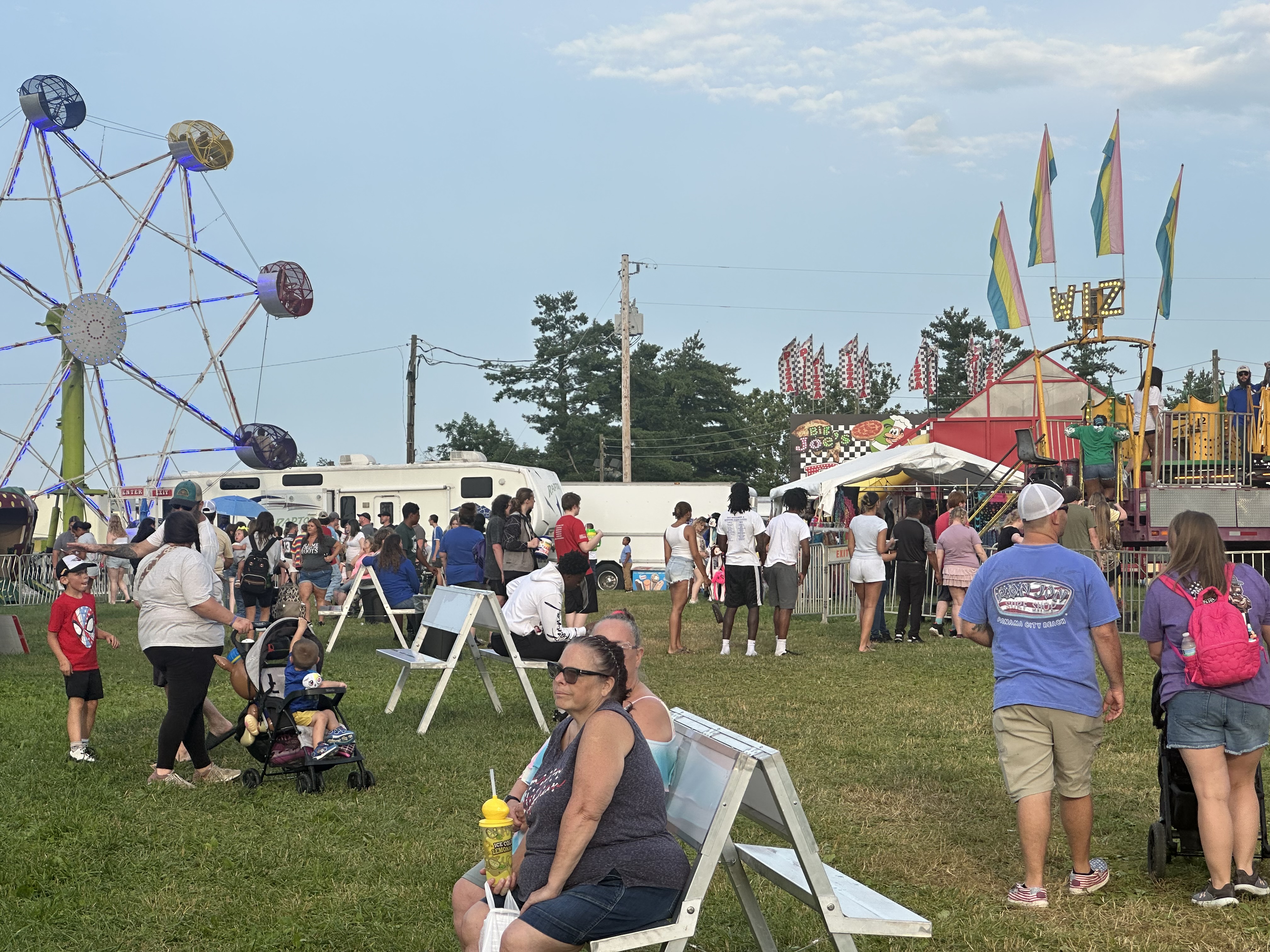Health and Mind: Domestic violence awareness
Published 3:30 pm Tuesday, October 10, 2023
|
Getting your Trinity Audio player ready...
|
By Shaundra King
Clark County Health Department
Domestic violence is a serious public health problem that affects millions of Americans. Domestic violence, or intimate partner violence, is abuse or aggressive behavior in a romantic relationship. An intimate partner can be a current or former spouse or a dating partner. This type of violence can occur among heterosexual or same-sex couples. Intimate partner violence might happen once or many times over the years.
Intimate partner violence is common
About one in four women and one in ten men have experienced sexual violence, physical violence, or stalking by an intimate partner during their lifetime and reported at least one impact of the violence, being concerned about their safety.
Domestic violence can be physical or psychological and can affect anyone of any age, gender, race, or sexual orientation. It may include behaviors meant to scare, physically harm, or control a partner. And while every relationship is different, domestic violence typically involves an unequal power dynamic in which one partner tries to assert control over the other in various ways.
Insults, threats, emotional abuse, and sexual coercion constitute domestic violence. Some perpetrators may use children, pets, or other family members as leverage to get their victims to do what they want. Victims of domestic violence experience feelings of diminished self-worth, anxiety, depression, and a general sense of helplessness that can take time and often professional help to overcome.
The desire for control drives abuse—to maintain power in the relationship and assume a position of superiority.
Abusers often isolate their victims from family, friends, work, and other outside support sources. They may have explosive tempers and become violent during an abusive episode; afterward, they become remorseful and try to win their partner back with charm and affection and promise to change, but the abusive behavior rarely stops.
In order to promote and increase awareness, ask yourself these questions. Does the person you love:
• Threaten to hurt you or other people you care about?
• Hit, kick, punch, push, choke or use physical force against you?
• Criticize or blame you for everything that goes wrong?
• Humiliate you in front of other people?
• Control your access to money?
• Control the decision-making in your relationship.
• Control your time and actions?
• Put you down, call you names?
• Destroy your property or abuse your pets?
• Threaten to hurt you or commit suicide if you leave?
You may be in an abusive relationship if you’ve answered “yes” to any of these questions. You are not alone; many people are dealing with violence at home. You didn’t cause the violence, and no one has the right to hurt you. If you want to talk with someone, free and confidential help is just a phone call away.
To speak with an advocate, call the National Domestic Violence Hotline at 1-800-799-7233.






